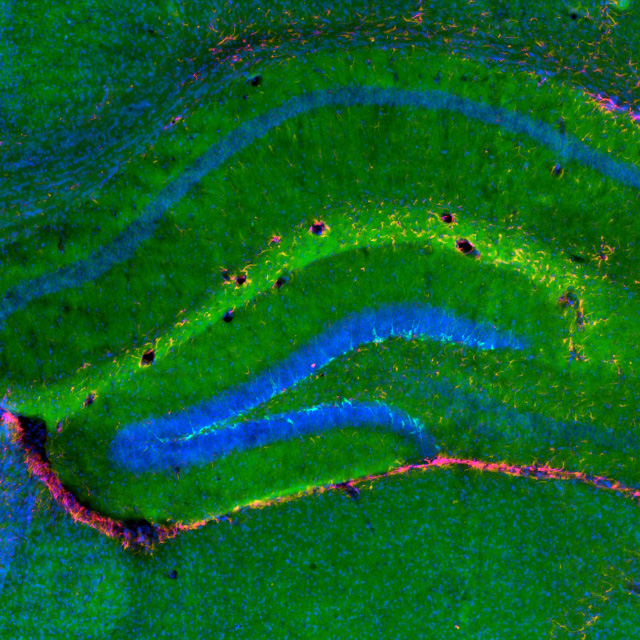Professor Thomas Burne

 Professor Thomas Burne: Developmental neurobiology
Professor Thomas Burne: Developmental neurobiology
Professor Thomas Burne’s laboratory studies brain development and behaviour in animal models. The laboratory is focused on investigating the underlying biological basis for schizophrenia, with the goal of finding public health interventions that will alleviate the burden of this disease.
Researcher biography
Professor Burne is a leading Australian researcher in the field of biological psychiatry. Prof. Burne has >150 peer reviewed publications, which have attracted over 8500 citations (H-index 50). His research impact is evident by his 11 papers with >200 citations, with two recognised as Web of Science 'Highly Cited Papers'. Together with collaborators he has been awarded >$8 million in research funding. Since 2003 he has supervised 17 PhD students, and 28 honours students Prof. Burne has a broad background in behavioural neuroscience, with specific training and expertise in animal models. As a Professorial Research Fellow with the Queensland Centre for Mental Health Research and Group Leader at the Queensland Brain Institute (QBI) the focus of his research includes cognitive testing in rodent models of neuropsychiatric disorders, such as schizophrenia, as well as psychopharmacological studies and research on clinical populations. As a CI on several university- and NHMRC-funded grants, he has helped establish infrastructure at QBI for behavioural assessment and methods of automated operant-based cognitive tests in rodents. Prof. Burne is a past president of Biological Psychiatry Australia, he is the Queensland representative for the Australasian Neuroscience Society, and he is a member of the NHMRC Animal Welfare Committee.
Prof. Burne's group studies brain development and behaviour in animal models to learn more about neuropsychiatric diseases, such as schizophrenia. Research is focused on investigating the underlying biological basis for schizophrenia, with the goal of finding public health interventions that will alleviate the burden of this disease. The group has been exploring the impact of developmental vitamin D (DVD) deficiency on brain development, the impact of adult vitamin D deficiency on brain function and behaviour, and the neurobiological affects of having an older father. More recently his group has been focussed on assessing cognitive function in rodents. Prof. Burne's research is carried out in close collaboration with Professors John McGrath and Darryl Eyles, in a multidisciplinary team. Together they have an integrated research program using a broad range of neuroscientific techniques to explore potential causes of schizophrenia. There is a particular focus on early life, nongenetic risk factors and the team has skills in epidemiology, psychiatry, neuroanatomy, molecular biology, developmental biology and behavioural neuroscience. The Burne group is currently developing animal models related to risk factors for schizophrenia and autism.
